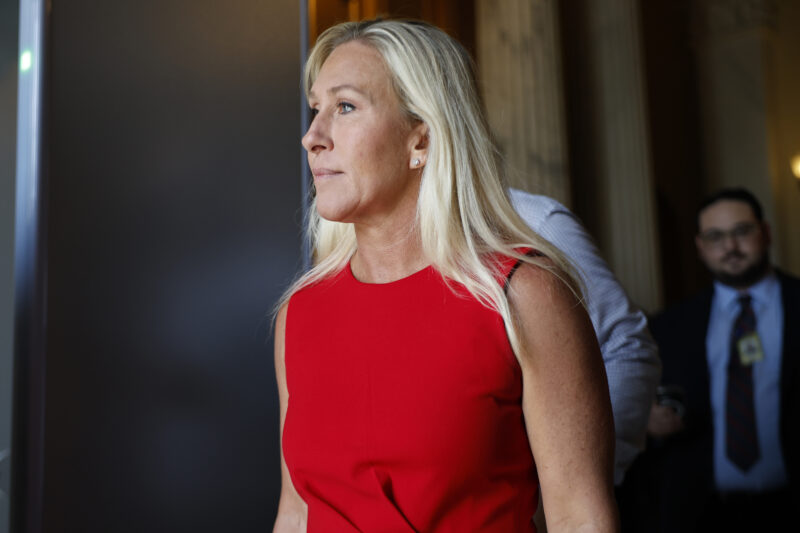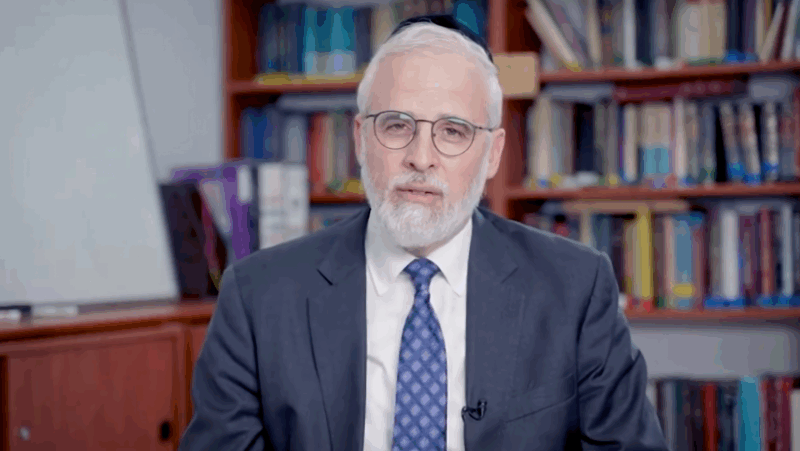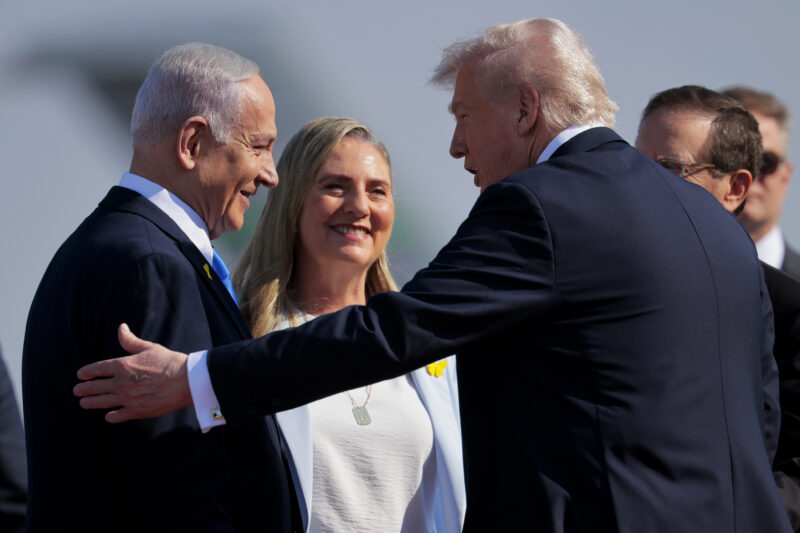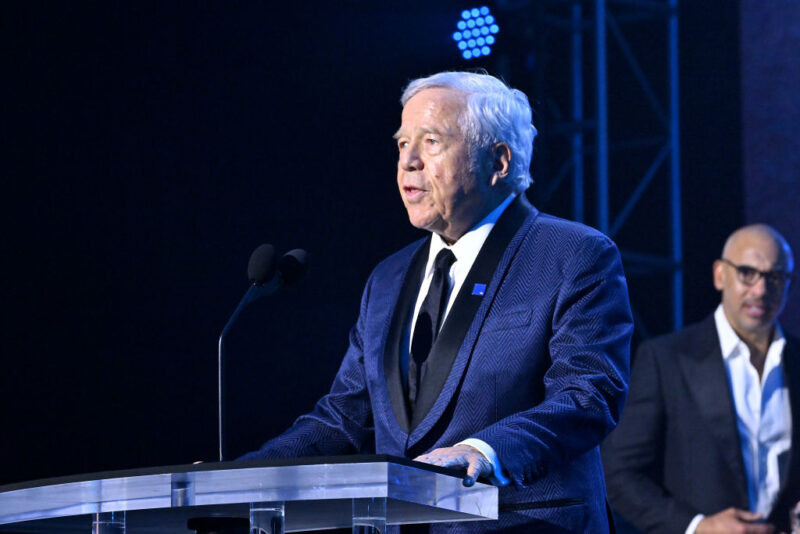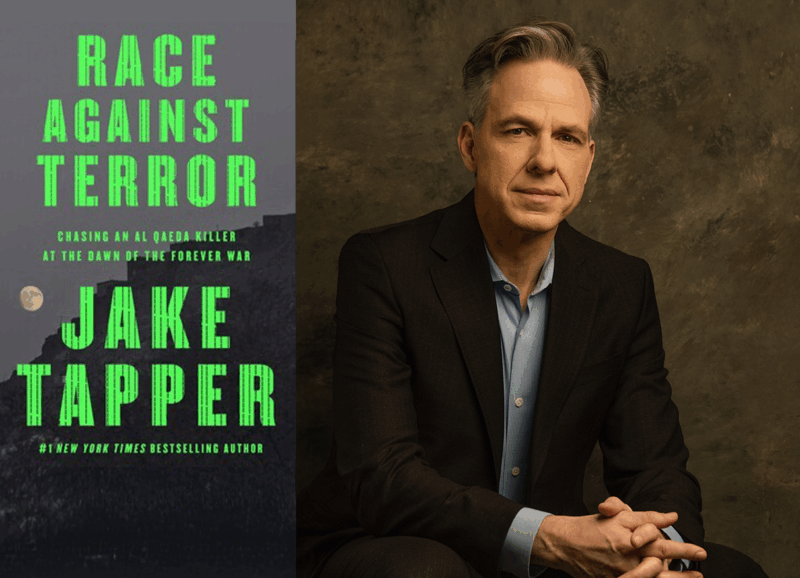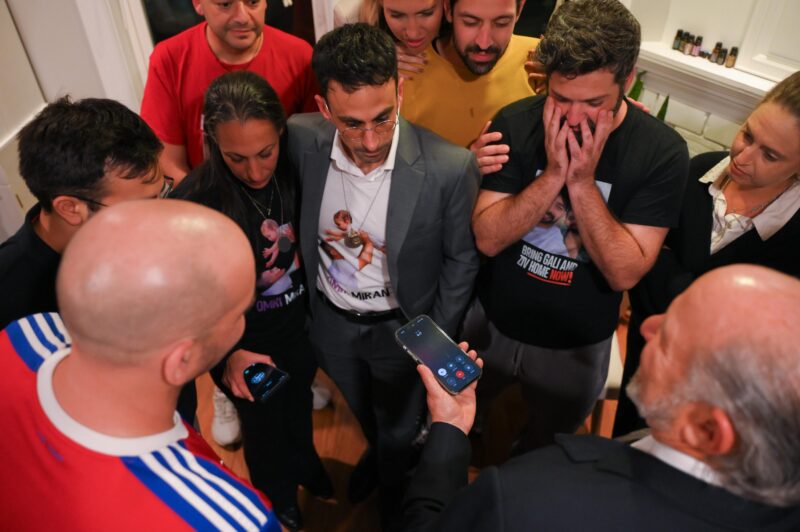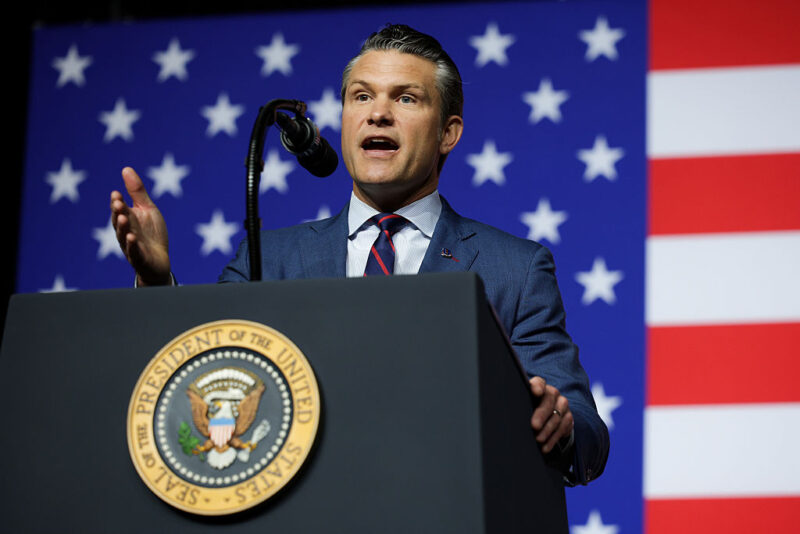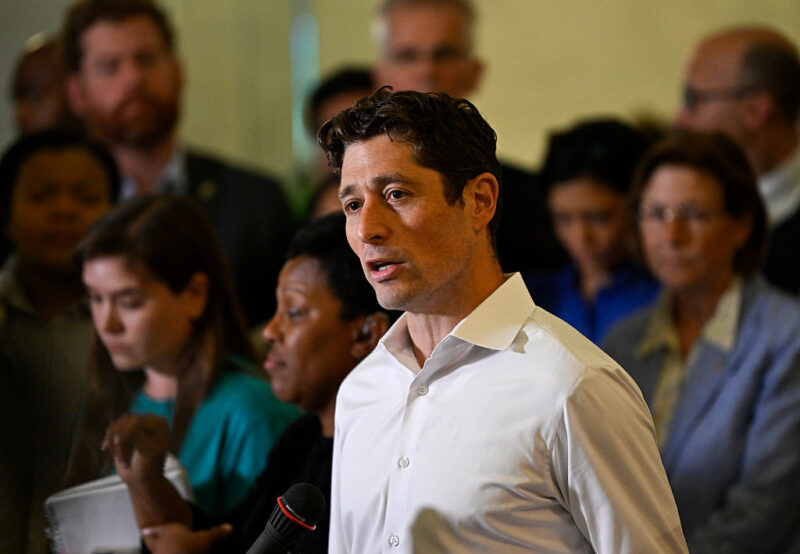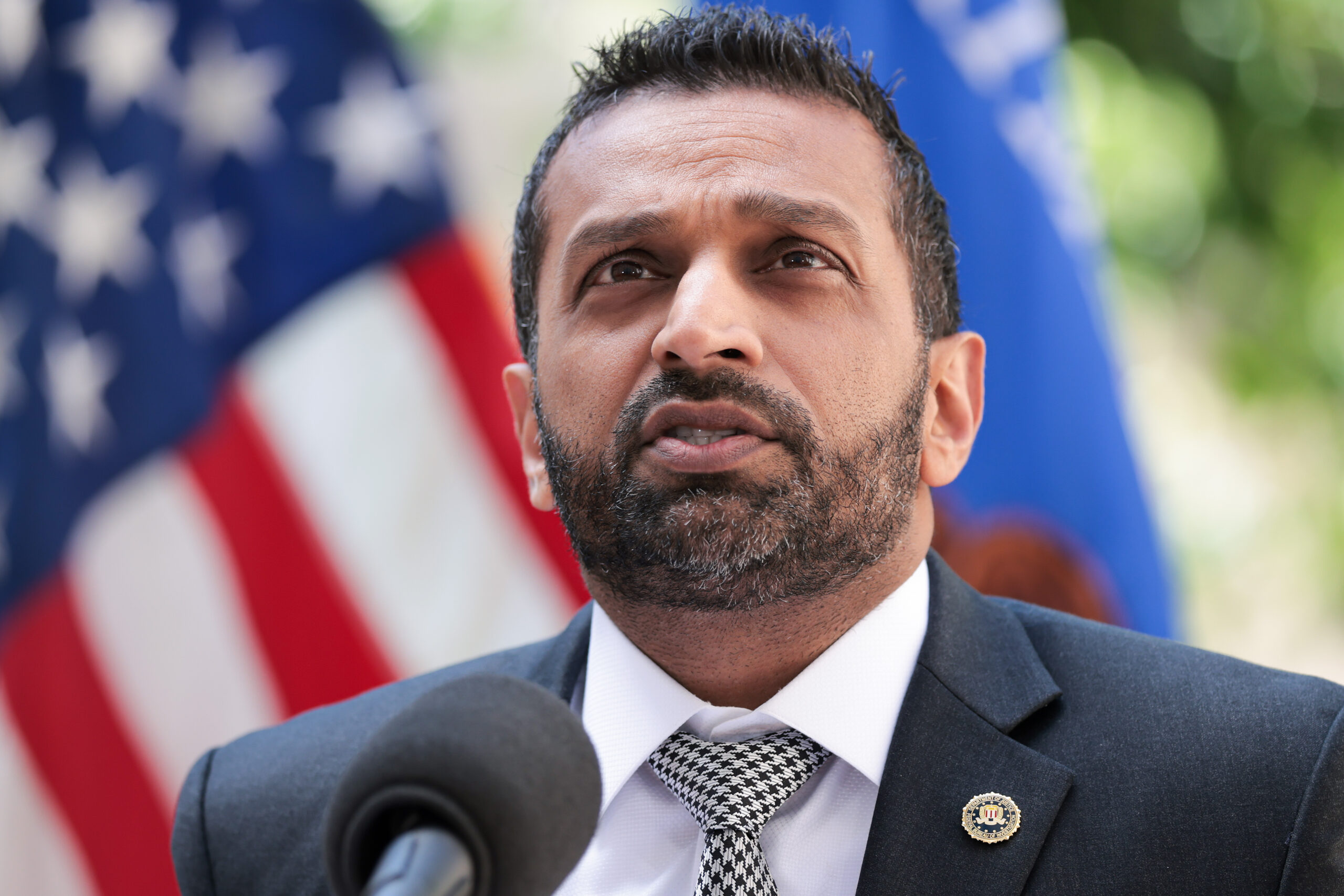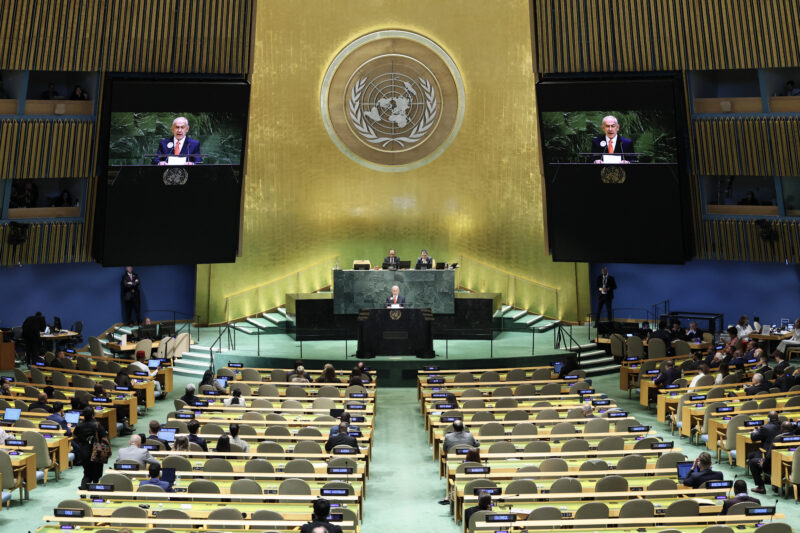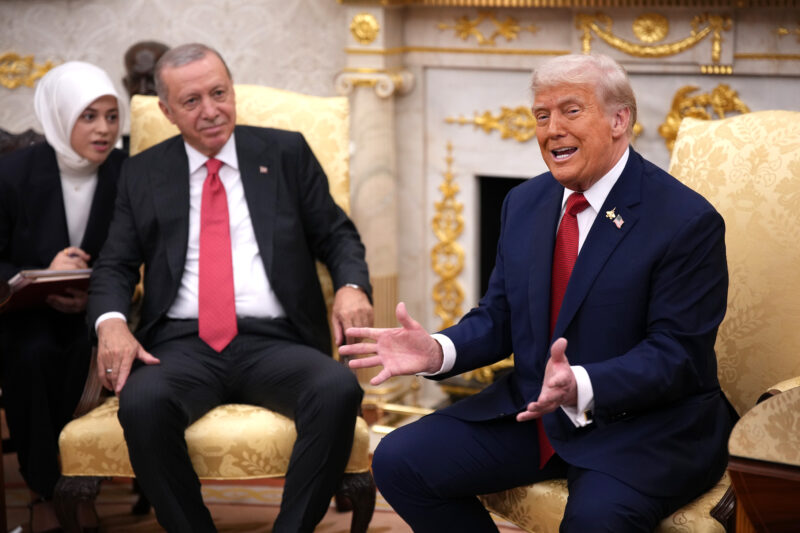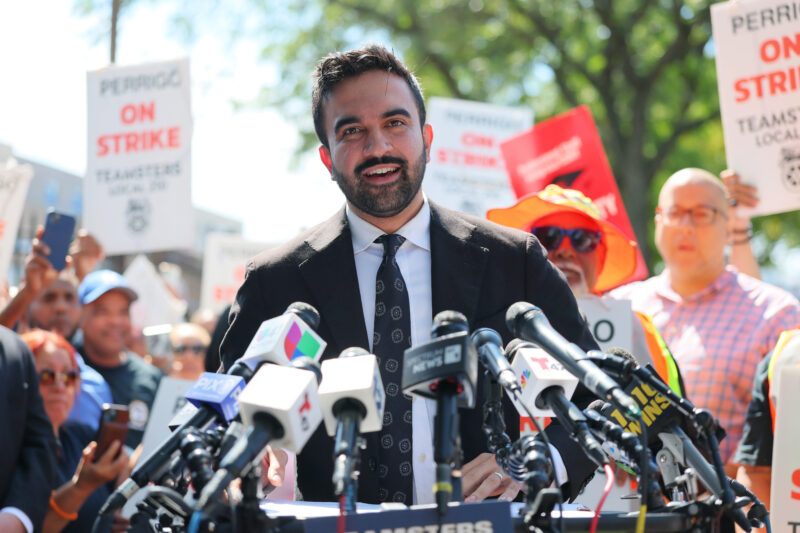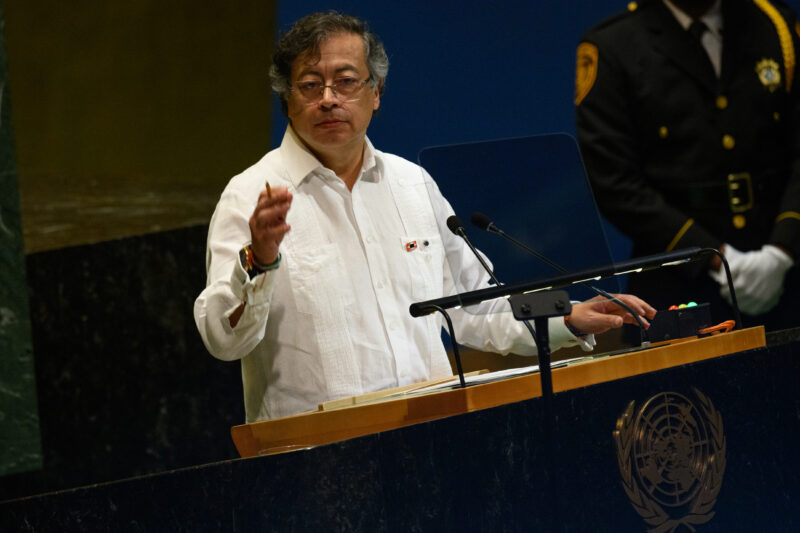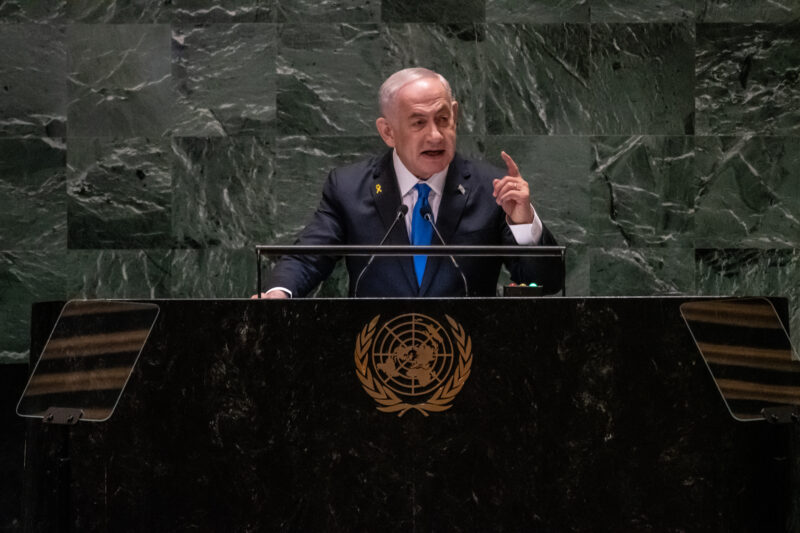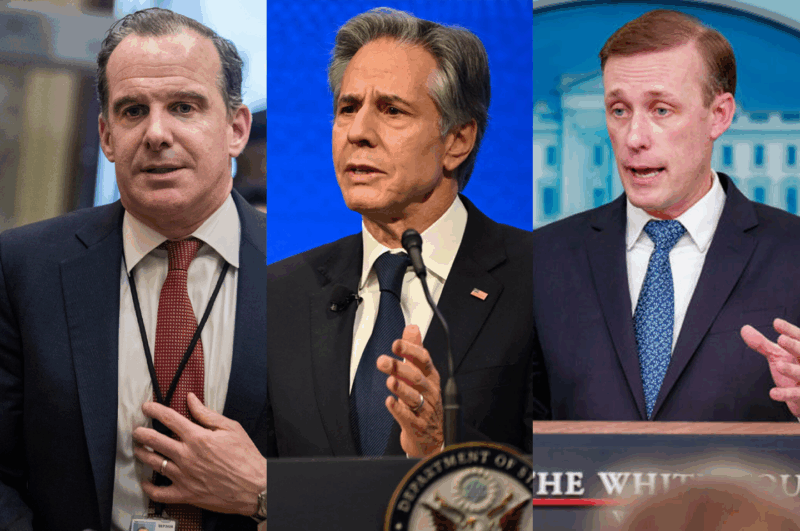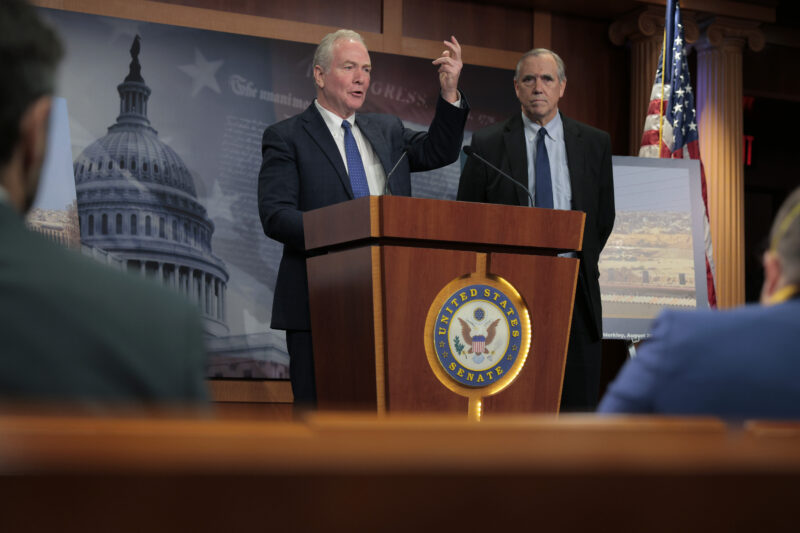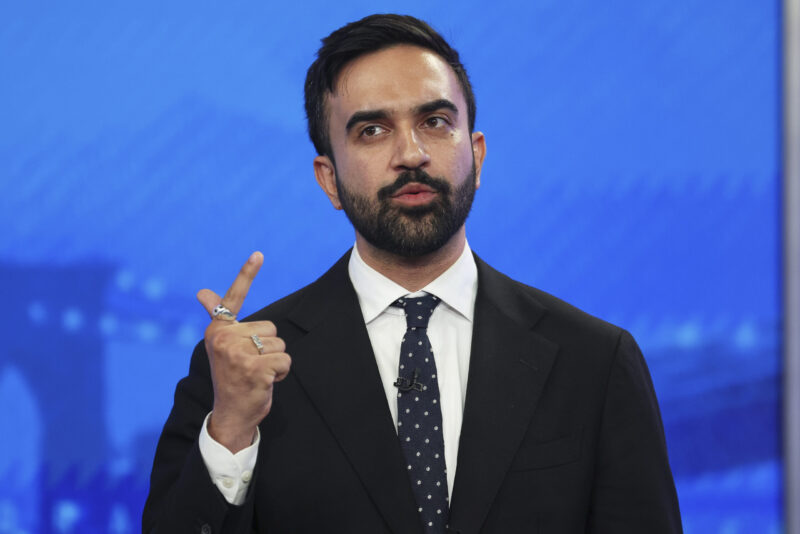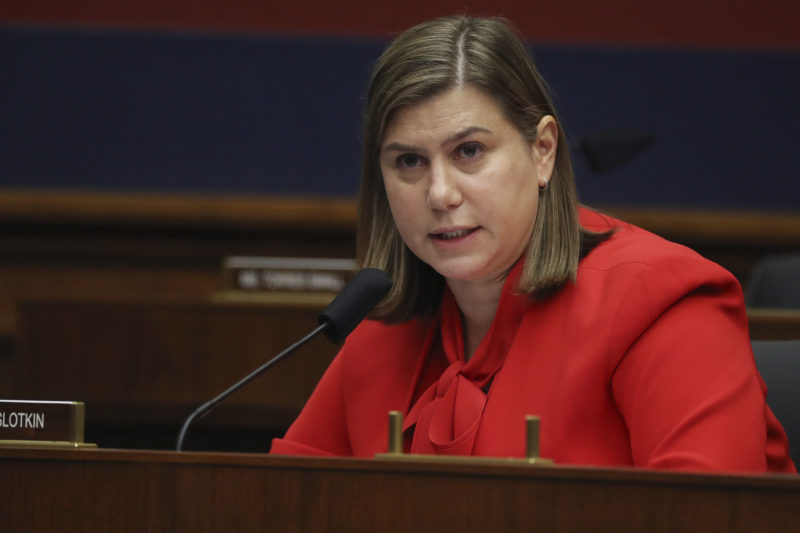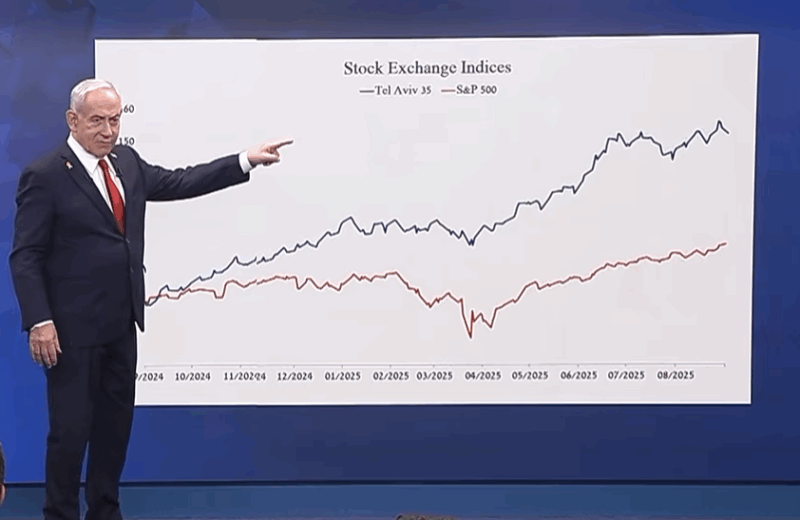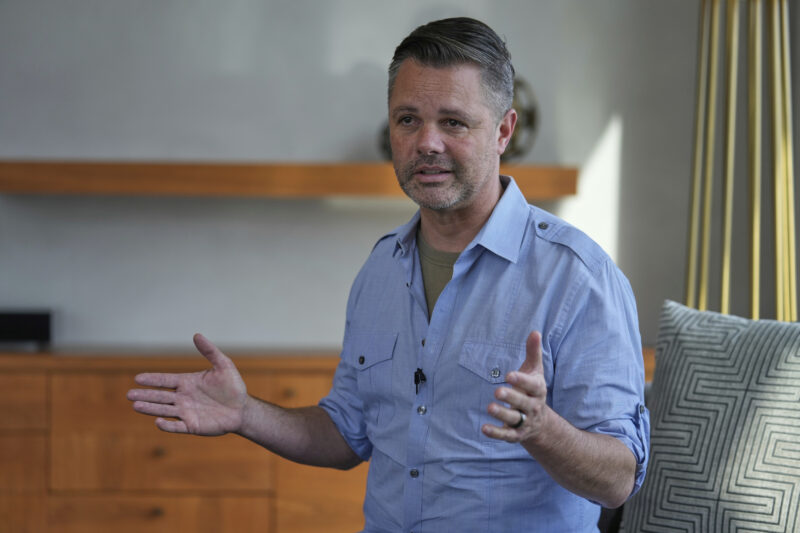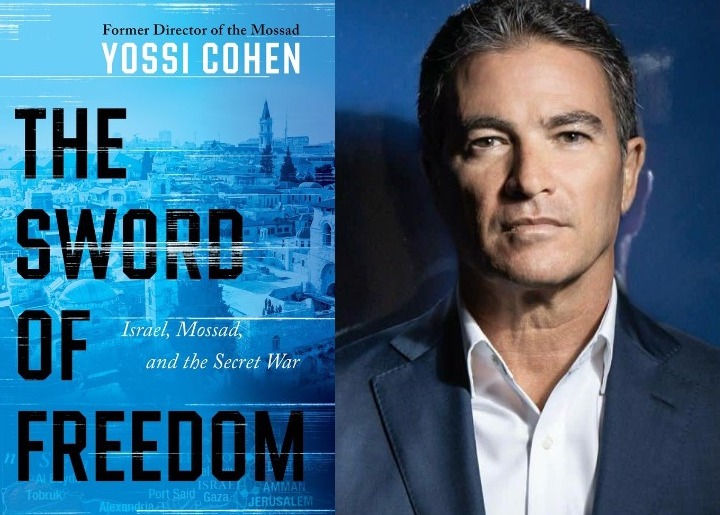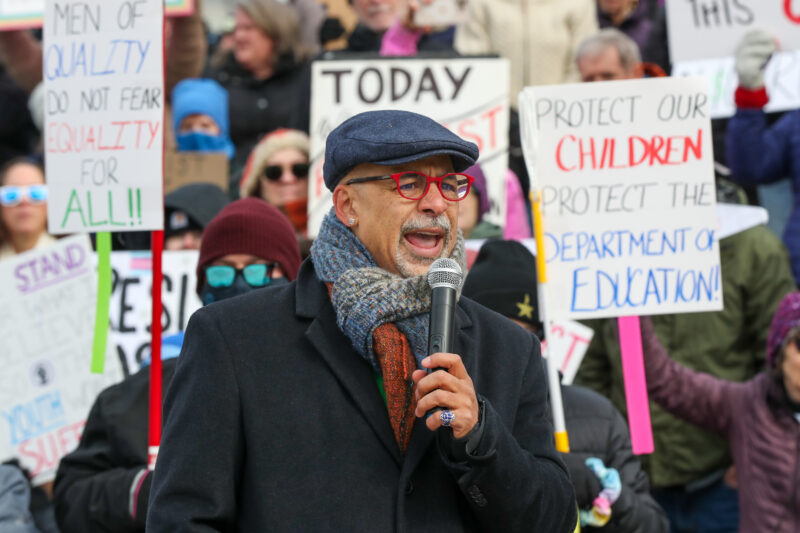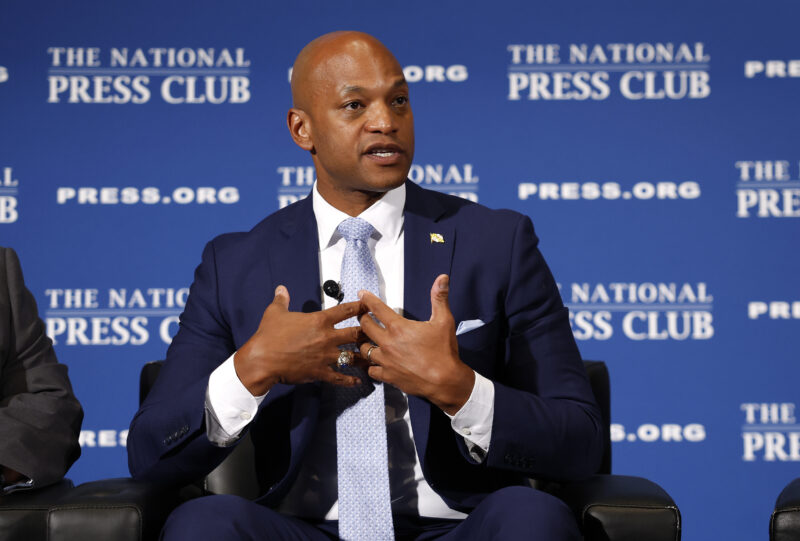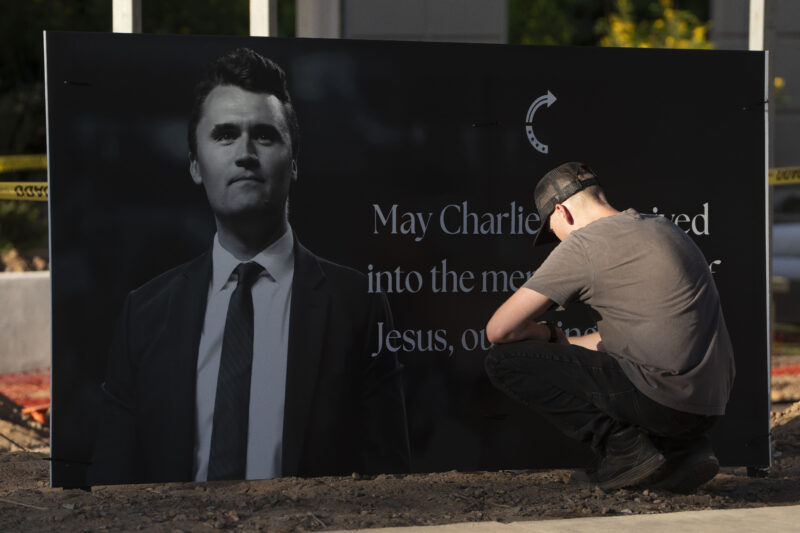
Daily Kickoff: Sen. Lindsey Graham’s plan to stop Iran + Leonard Cohen and the Yom Kippur War
👋 Good Tuesday morning!
Sixty-eight senators — 37 Republicans and 31 Democrats — signed onto a letter led by Sens. Ben Cardin (D-MD) and Rob Portman (R-OH) urging Secretary of State Tony Blinken to work to shut down the U.N. Human Rights Council’s permanent Commission of Inquiry investigating the Israeli-Palestinian conflict. It was established after last May’s 11-day conflict between Israel and Hamas.
“The COI is the latest endeavor by UNHRC to discredit the only Jewish state and is likely to further fuel antisemitism worldwide,” the letter reads.
The Senate Foreign Relations Committee is scheduled to vote today on the nominations of Deborah Lipstadt and Barbara Leaf, after the votes were delayed last week due to Democratic absences. Lipstadt is the administration’s nominee to be the U.S. special envoy to monitor and combat antisemitism, and Leaf is the nominee for assistant secretary of state for Near Eastern Affairs.
Secretary of State Tony Blinken continues his trip to the Middle East today with a stop in Rabat, Morocco, where he will meet with Moroccan Prime Minister Aziz Akhannouch and Foreign Minister Nasser Bourita.
In Rabat, Blinken will also meet with UAE Crown Prince Sheikh Mohammed bin Zayed Al Nahyan following weeks of tensions between Washington and Abu Dhabi amid Russia’s invasion of Ukraine and Houthi attacks on the UAE.
The Abraham Accords Gamesare setto take place this evening at Expo 2020 Dubai, kicking off a night of cultural events that will celebrate the Abraham Accords during the final week of the Expo.
An “Abraham Accords Classics” Team of soccer players from Israel, the United Arab Emirates, Morocco and Bahrain will compete against a “World Classics” Team consisting of retired top players from Brazil, Spain, Argentina, Nigeria, France and the Netherlands, with kickoff at 6:20 p.m. local time, 10:20 a.m. Eastern Time. The event will be livestreamed. Afterwards, well-known chefs from the four Abraham Accords nations will prepare a festive dinner together.
Special Envoy for Iran Rob Malley and the National Security Council’s Brett McGurk will give a classified briefing today on the Iran deal negotiations to members of the House Armed Services Committee. (h/t Punchbowl)
State of play
Sanctions alone won’t stop Iran, Israeli strike may be necessary, Graham says

U.S. Sen. Lindsey Graham (R-S.C.) speaks to journalists in Jerusalem during his visit to Israel, Tuesday, June 1, 2021.
Sen. Lindsey Graham (R-SC) suggested that an Israeli strike on Iran could be the most likely way to prevent Tehran from acquiring a nuclear weapon, in an interview with Jewish Insider’s Marc Rod on Monday from Jerusalem.
Three paths: While “maximum pressure” sanctions “[make] it more difficult,” Graham argued the only ways to stop Iran’s nuclear ambitions are an unlikely “change of heart” by Supreme Leader Ayatollah Ali Khamenei, an internal overthrow of the regime or a U.S.-supported Israeli strike against Iran’s nuclear facilities. “If you don’t [understand] that, you’re making a huge mistake,” Graham said. “This is never going to end short of a nuclear weapon unless somebody stops them. And those are the three ways that would stop the advance toward a nuclear weapon. The first one is one in a billion. The second one — who knows — if the Iranian people want to continue to live like this, that’s up to them. But the third one [the Israeli strike] is probably the way this movie ends.”
On deck: Graham detailed a plan to increase congressional oversight of Iran’s nuclear program that he has been developing during his trip. He said he had asked Israeli officials on a previous visit to the country in February to put together a detailed list of red lines and major concerns regarding Iran’s nuclear program. The South Carolina senator said those conversations prompted him to craft legislation, tentatively titled the Iran Nuclear Weapons Monitoring Act, which will likely require a report from the administration every 120 days about Iranian weaponization efforts, fissile material, missile technology, proliferation and violations of International Atomic Energy Agency inspection regimes. The legislation will also require collaboration with U.S. allies.
In depth: “It’s a directive to our government, in consultation with our allies, to stay on top of the Iranian nuclear program,” Graham said. “And if we see areas of concern, the administration, whoever they would be, would be required to come up with an action plan. This approach, I think, is the best insurance policy to make sure that the Iranian nuclear program does not get out of hand.” Graham said the legislation is “essential” with or without a new Joint Comprehensive Plan of Action (JCPOA).
In his defense: Graham also touched on the ongoing Russia-Ukraine conflict and appeared to defend President Joe Biden’s off-the-cuff comment made over the weekend that Russian President Vladimir Putin “cannot remain in power,” which set off an international firestorm. “If you’re upset with Biden calling for Putin to go — question for the French and everybody else: Are you willing as part of a negotiated settlement to provide security guarantees to Ukraine from future invasions by Russia?” he said. “If you’re not willing to do that, then I think more conflict is inevitable.”









